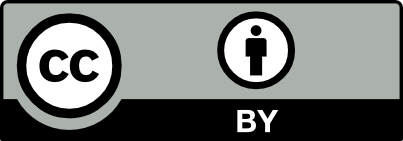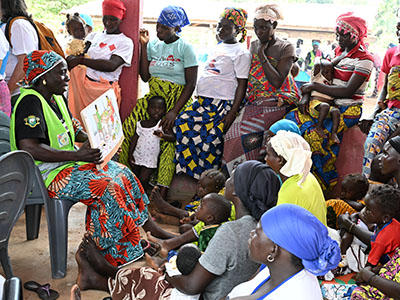Cover image: © UNICEF/UNI663787/Dejongh
Ready to transform your research approach and drive real impact? This short e-course reveals how to co-create evidence with various stakeholders, build trust, and integrate findings into policies and programs. Whether you’re a policymaker, researcher, or practitioner, you will learn practical strategies to make new evidence resonate with communities, foster sustainable solutions, and shape policy. Available in English, French, Portuguese, and Spanish, this course empowers you to craft collaborative, meaningful research that leads to real change and lasting benefits for all.
Learning objectives
By the end of this course, you will be able to:
- Explain the core principles of evidence co-creation.
- Identify the key components, complexities and potential outcomes of evidence co-creation.
- Apply the core principles of evidence co-creation.
Audience
This course is designed for a broad audience, including current and aspiring researchers, policymakers, practitioners and professionals from various backgrounds and thematic areas. Whether you're working in a government, NGO, international organization or academic institution, this course offers valuable insights into evidence co-creation.Length
The course is self-paced and takes approximately 30 to 45 minutes to complete.
Structure
The course content is organized into three chapters. Chapter one and chapter two explore the fundamental principles of evidence co-creation. Chapter three, which is optional, presents real-life case studies that illustrate the concepts in action. Throughout the course, there are several quizzes to check your understanding step by step. At the end, there is an optional deep dive activity to apply what you've learned.
Contact details
UNICEF Innocenti | Innocenti Global Office of Research and Foresight

Disclaimer
A Creative Commons Attribution 4.0 International (CC BY 4.0) version of this course is available for organizations interested in adapting or translating the content. For more information about the license, visit Attribution 4.0 International.
If you would like to access the Creative Commons version, please contact Agora using the link provided at the bottom of this page.
